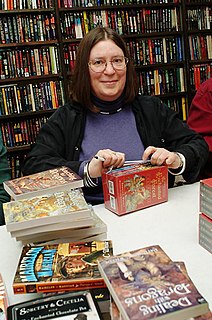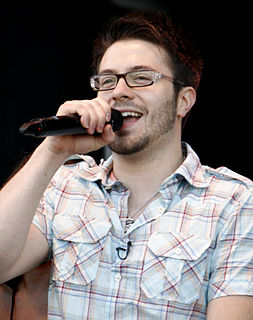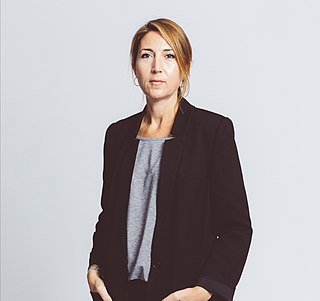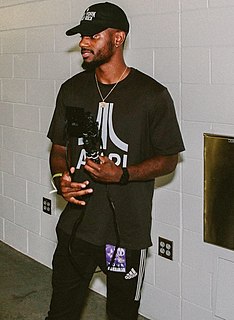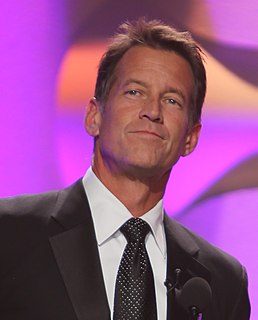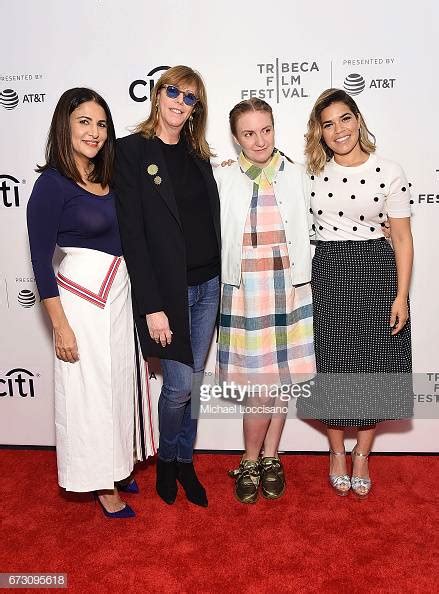A Quote by Chuck Palahniuk
When the 'Fight Club' movie was going into production, I quit my job so I could write full-time.
Related Quotes
Welcome to Fight Club. The first rule of Fight Club is: you do not talk about Fight Club. The second rule of Fight Club is: you DO NOT talk about Fight Club! Third rule of Fight Club: if someone yells “stop!”, goes limp, or taps out, the fight is over. Fourth rule: only two guys to a fight. Fifth rule: one fight at a time, fellas. Sixth rule: the fights are bare knuckle. No shirt, no shoes, no weapons. Seventh rule: fights will go on as long as they have to. And the eighth and final rule: if this is your first time at Fight Club, you have to fight.
I loved getting my M. B. A., and I really enjoyed being an accountant and financial analyst before I quit my day job twenty-five years ago to write full time. I just liked writing more…plus, I knew even then that as a full-time writer, I'd get plenty of chances to do business-type stuff, while as an accountant, I probably wouldn't get a lot of opportunities to write about dragons.
I really believed music was going to be a big part of my future, and that's why I took a truck driving job, so I could maintain my singing job at night. I put about 30 hours a week just for singing, going between two churches. And in order to afford that, I had to take a full time job so I could do my passion.
Many years ago I had two small children, and I wanted to be able to be home when they got home from school. And I didn't like the direction journalism was taking. I thought if I could write books, I could work at home and have the best of both worlds. I wrote my first mystery while still working full time, and it didn't sell, but the next one did sell, so I quit my job for the world of fiction. Scary, but I've never regretted it for a single day.
When you first quit your regular job and you become a full-time writer, you are paralyzed with free time. You have so much free time. When you are at home, you have a guitar. There's a cat. You got to find ways to create an environment when writing is like going to work. Be efficient with the hours you put into the book. So I go there the same time, every day - like 7:30 am - and I leave around 2 pm, or longer, if I have a deadline.



